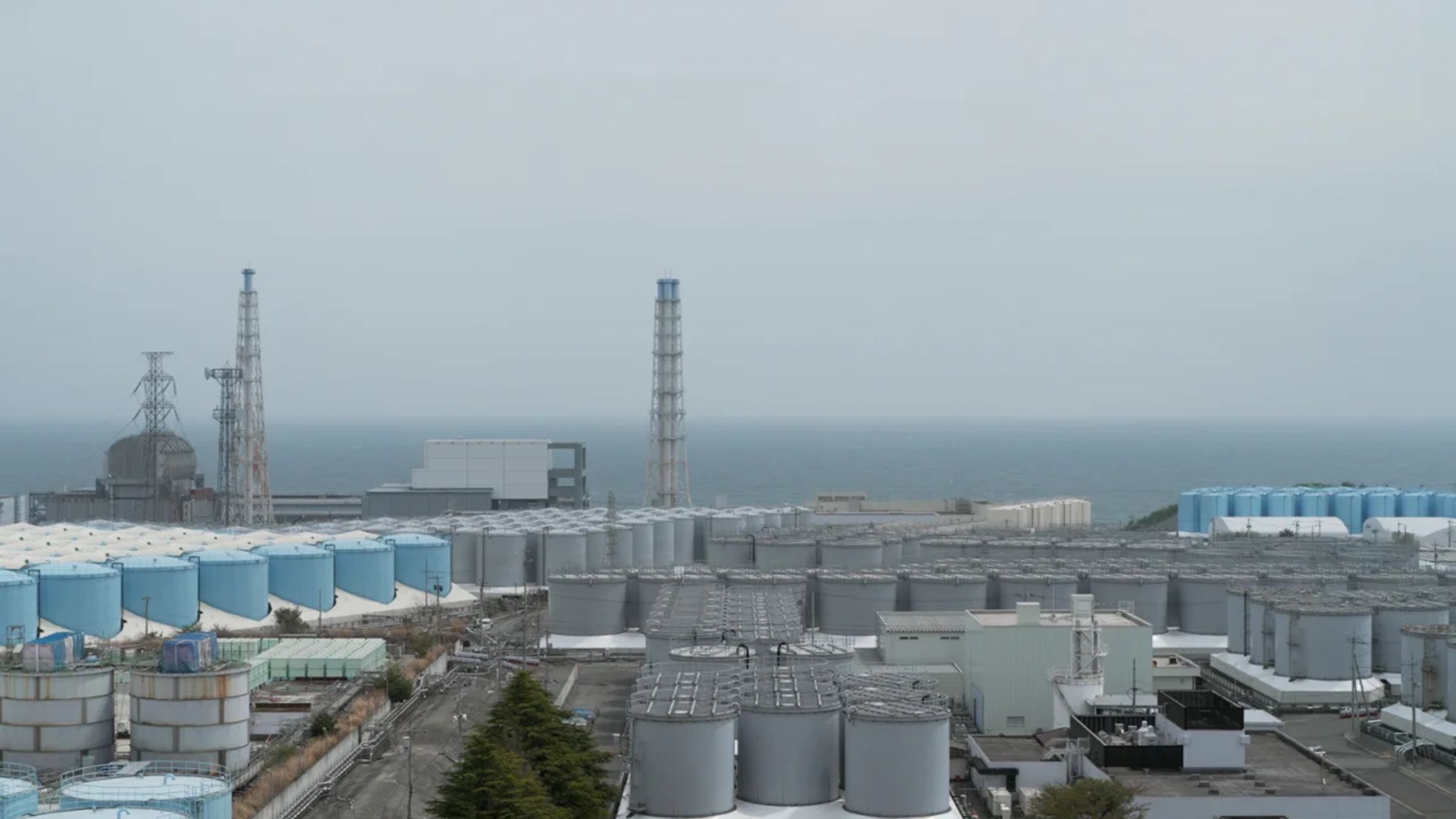Japan to Release Treated Radioactive Wastewater Despite Opposition
After months of controversy and anticipation, Japan is preparing to release treated radioactive wastewater from its Fukushima nuclear plant later this week, despite objections from various countries. The plan, which has been in development for years, was prompted by the realization that storage space for the material was running out. While some governments have expressed support, others strongly oppose the release due to fears of future contamination.
Japan’s Prime Minister, Fumio Kishida, announced on Tuesday the government’s decision to begin discharging the water starting on Thursday, August 24, as long as there are no obstacles. The wastewater has undergone continuous treatment to remove harmful substances and has been stored in tanks. Additionally, a significant portion of the water has been treated a second time, according to Tokyo Electric Power Company (TEPCO), the state-owned operator of the Fukushima plant.
When the wastewater is released, it will be heavily diluted with clean water to ensure that its concentration of radioactive material is extremely low. The discharge will take place through an underwater tunnel located about 1 kilometer (0.62 miles) offshore, flowing into the Pacific Ocean. Third-party organizations, including the International Atomic Energy Agency (IAEA), will monitor the spill during and after its release. The IAEA has recently opened an office in Fukushima to oversee the situation in the years to come.
The devastating earthquake and tsunami of 2011 severely damaged the Fukushima nuclear power plant, resulting in overheating of the reactor cores and widespread contamination of the plant’s water with highly radioactive material. To cool the remaining fuel, new water has been continuously pumped into the reactors, while groundwater and stormwater have leaked, creating additional radioactive wastewater that requires storage and treatment.
TEPCO constructed large tanks to store the wastewater, but available space is running out rapidly. Building more tanks is not a viable option, as the company needs to free up space for the safe decommissioning of the plant. Various methods were considered for disposing of the water, including vapor release, but most were considered industrially immature and difficult to control. A controlled release into the sea, a practice commonly employed at nuclear power plants worldwide, became the chosen method.
The risks associated with the release of radioactive wastewater have garnered attention. While many hazardous elements found in the wastewater can be removed through treatment processes, there is currently no technology available to eliminate radioactive tritium, a hydrogen isotope. Authorities and experts hold differing views on the potential risks posed by tritium. TEPCO, the Japanese government, and the IAEA contend that tritium occurs naturally in the environment and that the released wastewater, being slowly discharged over decades, is safe. However, some scientists raise concern about potential harm to marine life and the accumulation of pollutants in the fragile ecosystem.
The plan has sparked mixed reactions among governments worldwide. The United States and Taiwan expressed support, asserting that the amount of tritium released would have minimal impact. Conversely, China and several Pacific islands strongly oppose the release, citing regional and international repercussions and potential threats to human health and the marine environment. Some countries have even implemented import bans on food from certain areas of Japan, including Fukushima. Although South Korean leaders largely back the plan, opposition politicians and protesters have voiced alarm. Public anxiety has grown, with consumers in China, Hong Kong, and other regions vowing to stop consuming Japanese produce once the wastewater is released.
The release of treated radioactive wastewater raises concerns for fishing communities in Japan and South Korea, as it could significantly impact their livelihoods. Fukushima’s fishing industry has already suffered a substantial decline since the 2011 disaster.
